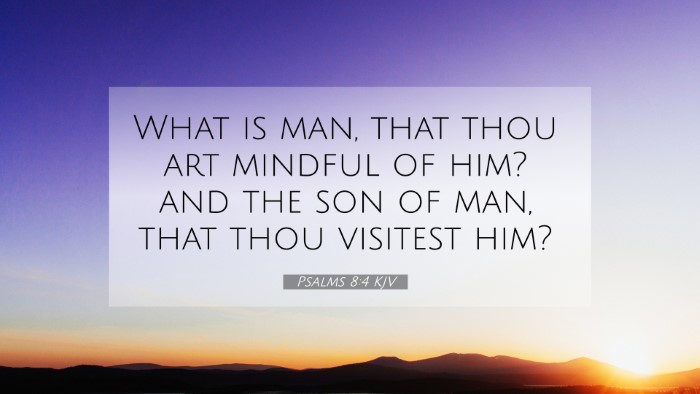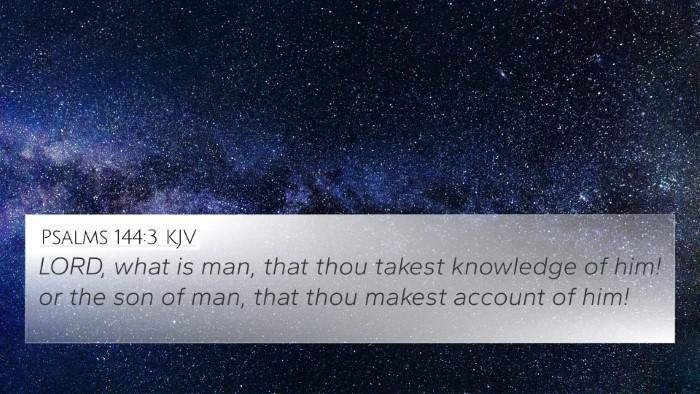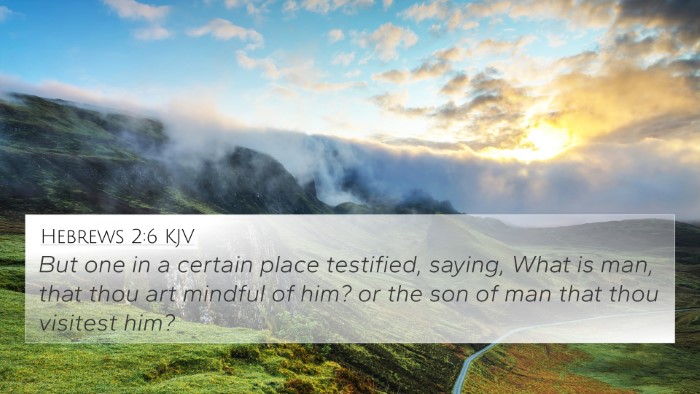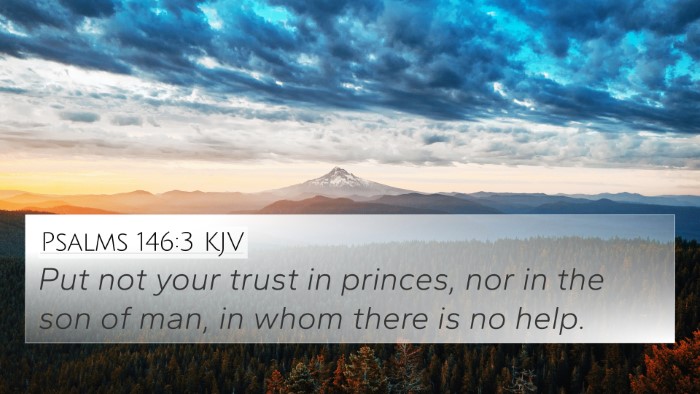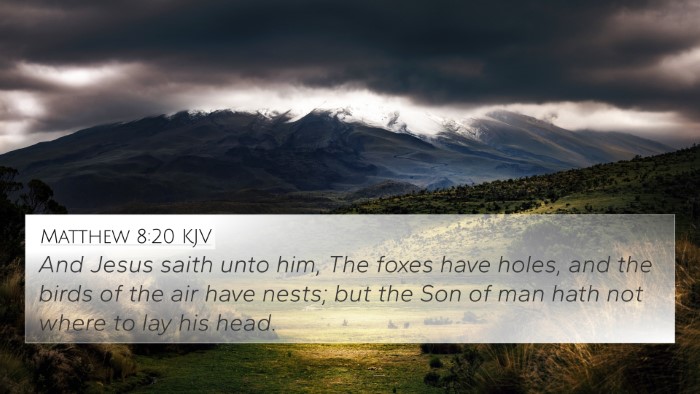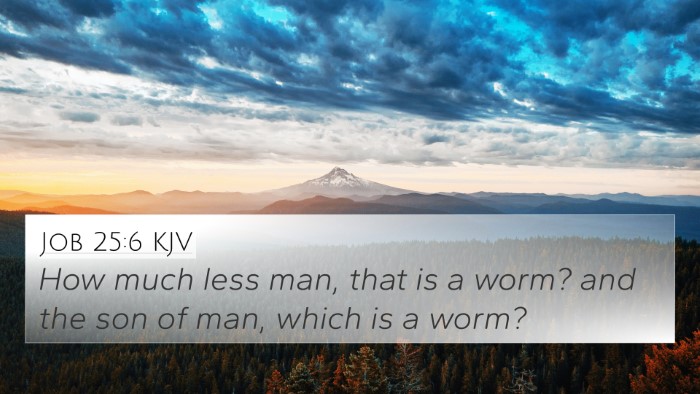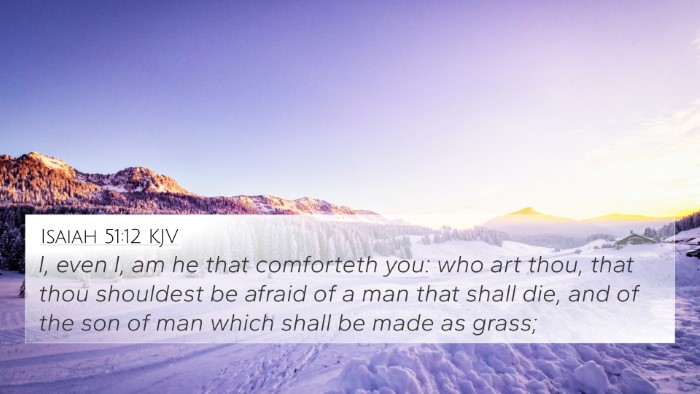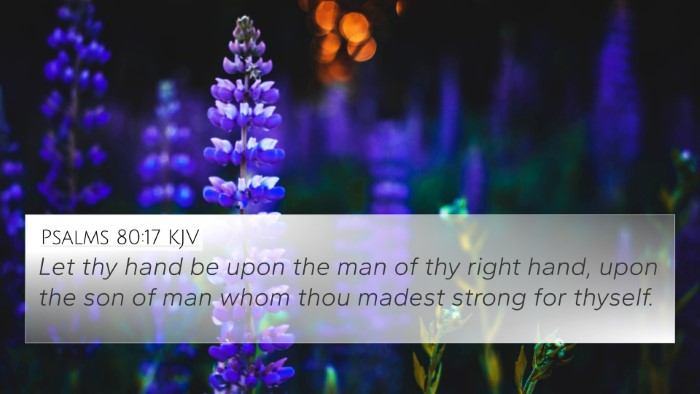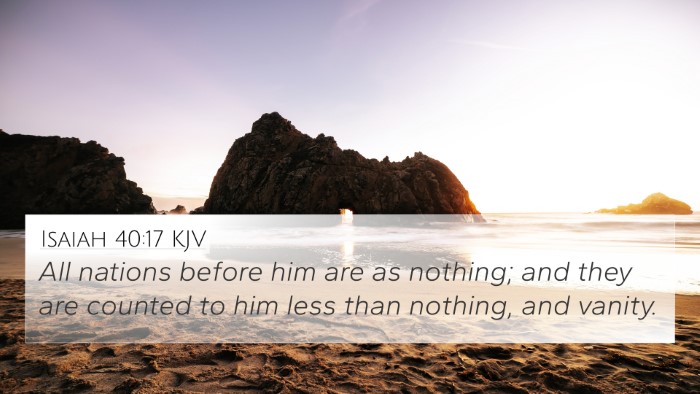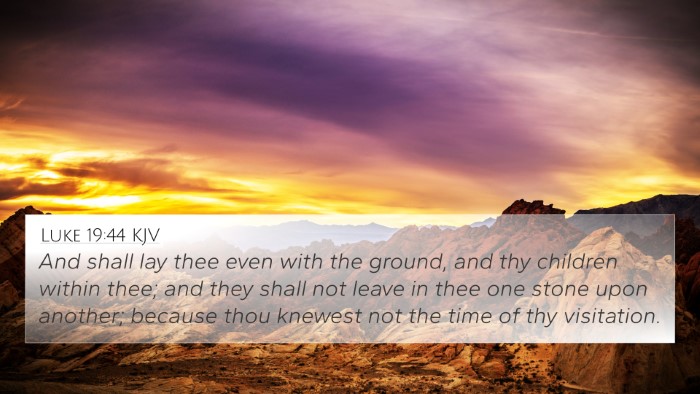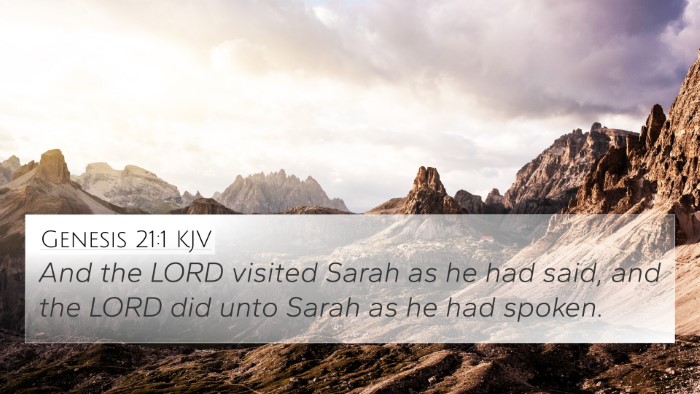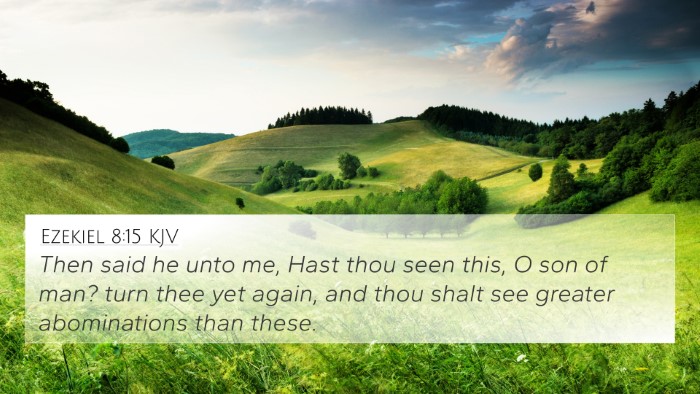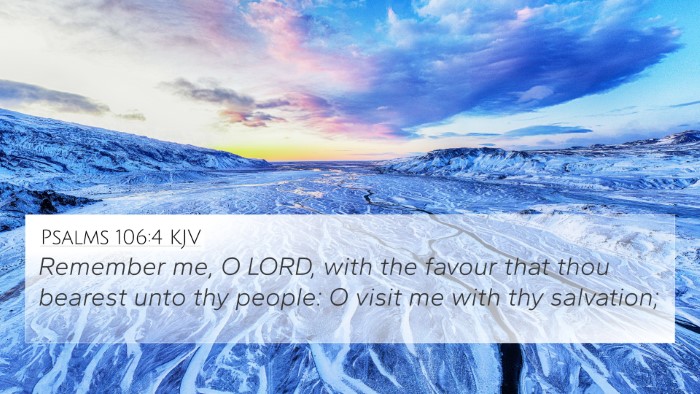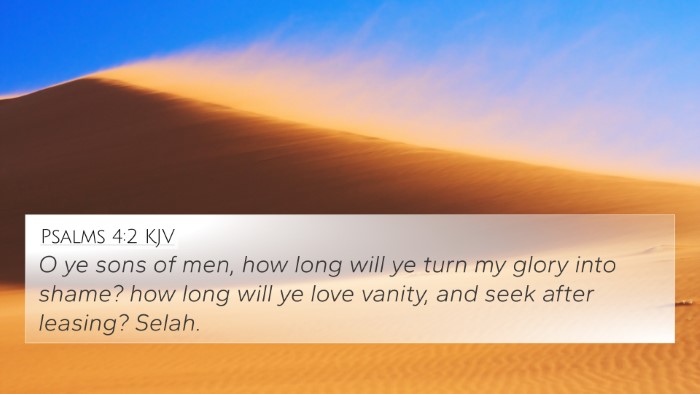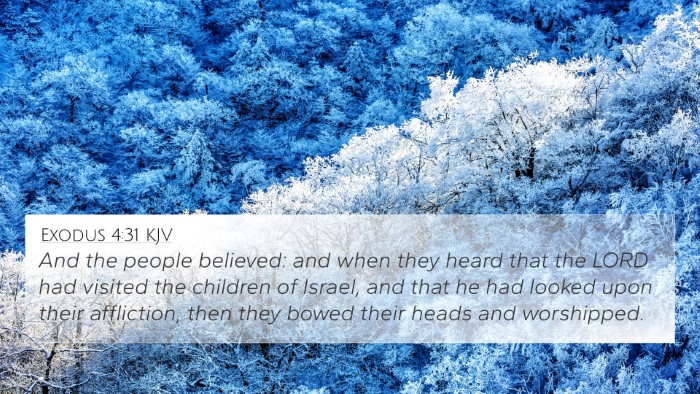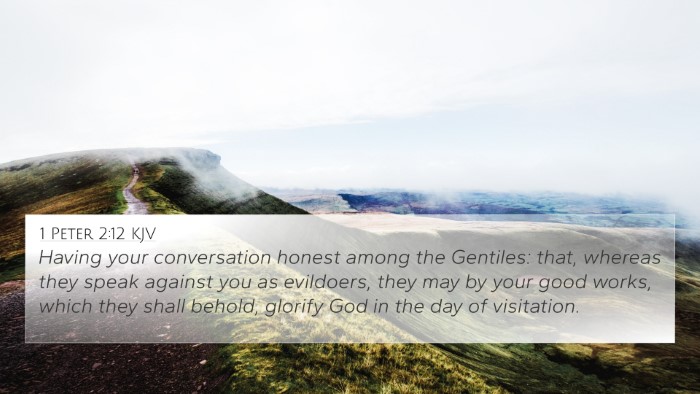Psalms 8:4 - Meaning and Insights from Public Domain Commentaries
Psalms 8:4 states, "What is man, that you are mindful of him, and the son of man, that you visit him?" This thought-provoking verse raises profound questions regarding humanity's place in the vastness of creation and God's intimate concern for human beings. Below, we explore important insights into this verse from renowned public domain commentaries including those by Matthew Henry, Albert Barnes, and Adam Clarke.
Summary of Insights
The psalmist, reflecting on the majesty of God displayed in creation, marvels at the fact that God takes such a personal interest in mankind. This verse encapsulates the mystery of humanity's significance against the backdrop of the cosmos.
-
Humility of Man:
Matthew Henry suggests that the psalmist recognizes human frailty and insignificance in comparison to the grandeur of the universe. Despite this, God’s attentive care brings a sense of worth and dignity to man.
-
God’s Mindfulness:
Albert Barnes highlights that the question posed implies that God is actively aware and engaged with humanity. His care is not merely theoretical but manifests in the continuous relationship He maintains with His creation.
-
Divine Attention:
Adam Clarke emphasizes the phrase “son of man,” suggesting that it refers to humanity as a whole, showcasing that each individual is known and acknowledged by God. It reinforces the idea of coexistence between divine majesty and human insignificance.
Key Themes and Connections Between Bible Verses
Psalms 8:4 connects profoundly with various other scripture passages that explore similar themes of creation, humanity's dignity, and God’s care. Below are key cross-references that provide deeper understanding:
- Genesis 1:26-27: "Then God said, 'Let us make man in our image...'" - This foundational verse highlights the unique status of humanity created in God’s image, complementing the theme of man's significance.
- Hebrews 2:6-8: "What is man that you are mindful of him?" - Quoting Psalm 8, this New Testament passage reaffirms the themes of divine care exhibited in both Testaments.
- Isaiah 40:26: "Lift up your eyes on high and see who created these." - This verse aligns with the contemplation of God's creation and His grandeur compared to humanity.
- Job 7:17-18: "What is mankind that you make so much of them?" - Job mirrors the inquiry of the psalmist, reflecting on God’s attention towards humanity amidst suffering.
- Matthew 6:26: "Look at the birds of the air; they do not sow or reap..." - This verse encapsulates God’s provision and care, much like the attentiveness described in Psalms 8:4.
- Romans 5:8: "But God shows his love for us..." - The ultimate act of God’s mindfulness expressed through Christ reflects the inquiry of value in Psalms 8:4.
- 1 Peter 5:7: "Cast all your anxiety on him because he cares for you." - This reinforces the idea of God’s active concern for humanity, echoing the themes in Psalms 8.
Tools for Bible Cross-Referencing
Exploring connections like those above can be greatly enhanced by using various tools for Bible cross-referencing. Here's how to utilize them effectively:
-
Bible Concordance: A comprehensive index that arranges verses around keywords, allowing users to find related passages effectively.
-
Bible Cross-Reference Guide: Tools that present verses related thematically or contextually.
-
Cross-Referencing Bible Study: Techniques to engage with interconnected passages, helping to develop a deeper understanding of scriptural themes.
-
Bible Reference Resources: Various compilations and software that facilitate the exploration of scriptures through cross-reference systems.
Practical Application of Psalms 8:4
As readers contemplate the question posed in Psalms 8:4, it invites personal introspection regarding one's relationship with God. The significance of being created in God's image and His conscious care over individuals can lead to a transformative understanding of self-worth and purpose.
Conclusion
The exploration of Psalms 8:4 reveals an intricate interplay between the grandeur of God and the value of humanity. The insights derived from public domain commentaries alongside scriptural cross-references deepen our understanding and appreciation of this profound relationship.


